In the Western Desert of Egypt, some twenty miles from the nearest road, you come across solitary tombs of stone, much weathered by the wind. Some are buried in the sand. They may be 3,000 or even 4,000 years old and testify to the veneration once felt for men of outstanding virtue or generosity or heroism by their younger contemporaries, who built the tombs to mark their respect and perpetuate the memory of the dead. The names have long since been obliterated by time and weather, but a certain sanctity hovers around the spot still. So too, in the Alps and the Tyrol, in the Pyrenees and the Carpathians, little shrines by the wayside, and rustic ornamental fountainheads over springs, commemorate the lives of local men or women who once struck their neighbors as remarkable. Occasionally the name survives. Usually time has imposed anonymity. But the spirit of virtue hovers over the illustrious dead. The names do not matter. It is the principle of honoring the good or the brave which strikes us. Dr. Johnson records in his A Journey to the Western Islands his visit to Iona, and in particular what he believed to be the cemetery of the ancient Scottish kings and other famous men. The place filled him with awe and he commented: By whom the subterraneous vault are peopled is now unknown. The graves are very numerous and some of them undoubtedly contain the remains of men who did not expect to be so soon forgotten.
I have visited Iona, and meditated like Dr. Johnson on these sepulchres of unknown notabilities. Such places stir the imagination and make me think more kindly of the human race. I have seen such shrines in Greece, some going back to before the Greeks came. Homer called those thus honored  , heroes, defined as a name given to men of superhuman strength, courage or ability, favoured by the gods; at a later time regarded as intermediate between gods and men, and immortal. Graveyards of distant kings are always impressive, and I relish seeing them: the great Fourth Dynasty pharaohs at Giza, for example, or the tombs of the Holy Roman emperors in the Palermo cathedral, especially the vast but simple block of black marble which covers the last resting place of the most formidable of them all, Henry VI; or the tombs of the Angevins in the abbey church of Fontevrault, between Chinon and Poitiers. There rest our great law-giving King Henry II, his wife Eleanor of Aquitaine, his son Richard the Lionheart, and Isabella, second wife of Henrys bad son, King John. The remains of Frances kings were once carefully preserved in the royal abbey of Saint-Denis, their hearts being kept separately in reliquaries. But all was desecrated by the sansculottes of the revolution, precious items being sold off for cash: thus the shriveled heart of Louis XIV, the Sun King, ended up at Stanton Harcourt, where it was sacreligiously eaten by a Cambridge professor. The sanctuary of the English kings, Westminster Abbey, has fared better, and still houses intact the remains of its founder, Edward the Confessor, and many of his successors.
, heroes, defined as a name given to men of superhuman strength, courage or ability, favoured by the gods; at a later time regarded as intermediate between gods and men, and immortal. Graveyards of distant kings are always impressive, and I relish seeing them: the great Fourth Dynasty pharaohs at Giza, for example, or the tombs of the Holy Roman emperors in the Palermo cathedral, especially the vast but simple block of black marble which covers the last resting place of the most formidable of them all, Henry VI; or the tombs of the Angevins in the abbey church of Fontevrault, between Chinon and Poitiers. There rest our great law-giving King Henry II, his wife Eleanor of Aquitaine, his son Richard the Lionheart, and Isabella, second wife of Henrys bad son, King John. The remains of Frances kings were once carefully preserved in the royal abbey of Saint-Denis, their hearts being kept separately in reliquaries. But all was desecrated by the sansculottes of the revolution, precious items being sold off for cash: thus the shriveled heart of Louis XIV, the Sun King, ended up at Stanton Harcourt, where it was sacreligiously eaten by a Cambridge professor. The sanctuary of the English kings, Westminster Abbey, has fared better, and still houses intact the remains of its founder, Edward the Confessor, and many of his successors.
Where kings lie, other famous people will be buried, and the abbey is crowded with the tombs of admirals, generals and other celebrities. From the time of Chaucer it became an intermittent custom to bury poets in one corner, and the practice was extended to other writers, who are sometimes buried, more often commemorated, among the poets. Such heroes do not necessarily have to have been believers in the Christian faith of the abbeyeven Charles Darwin, patron saint of the atheists, is there in spirit. Such collective cenotaphs of heroes hover uneasily between Christianity and paganism. In Paris, the ancient church of Sainte-Genevive, patron saint of the city, founded by Clovis and rebuilt by Louis XV, was transformed by the revolutionaries in 1791 into a secular vault of heroes, and renamed the Panthon. Reconsecrated at the restoration in 1815, it oscillated repeatedly in the nineteenth century between a church and a hero house, deconsecrated in 1885 to receive the body of Victor Hugo, who, after much vacillation on his deathbed, finally insisted that he died outside the church. Today it is a musty junk shop of the dead, not particularly edifying to those of any faith or none. In Germany, the pagan-minded nationalists had the neoclassical architect Leo von Klenze build them a Walhalla (or Valhalla) for heroes in the shape of a Greek temple (18301842). It is near Donanstanf and overlooks the Rhine, but it did not capture the Teutonic imagination. In Spain, after the civil war, the victor General Franco built a valley of the Fallen for heroes. But this is tainted with politics. The United States has a two-tier heroic commemoration: the great presidents, such as Washington and Lincoln, are carved out of the rocks at Mount Rushmore, while more everyday heroes repose in Arlington National Cemetery, outside the federal capital.
We should not take it for granted that the original heroes were all men, any more than we should assume that the primitive races worshipped only gods. Goddesses make their appearance in the archeological evidence from the very earliest times, and we can be sure that heroines followed swiftly in the steps of heroes. Humanity invented gods as the originators of natural events they could not understand, and feared, and gods were therefore terrible personages. What ordinary mortals needed to identify with were creatures, recognizably human but of great capacity and accomplishment, who stood halfway between the deities and the rest. These demigods were heroes, and they had to include heroines, like Pallas and Medea, for pure goddesses were too frightening to be domesticated and reduced to human scale. Once heroines come into existence, even if, like Medea, they sometimes take the form of witches, the concept of the hero ceases to be the exclusive preserve of military men or those who rejoice in superhuman physical strength. For the purpose of this collection of biographical essays, I have taken the concept of the heroic individual in its widest possible sense, even if I have included a number famed for military exploits, such as Alexander and Caesar among the males, and Boudica and Joan of Arc among the females. The fact is, anyone is a hero who has been widely, persistently over long periods, and enthusiastically regarded as heroic by a reasonable person, or even an unreasonable one. I have put into this collection one or two heroes and heroines of my own, believing that an element of idiosyncrasy is a legitimate part of hero worship. Indeed it is only by asking ourselves how we, personally, judge heroism that we begin to get to the essence of the matter. It was Madame Cornuel (16051694) who first noted: Il ny a point de hros pour son valet de chambre . The point was deliberately contradicted by Lord Byron in Beppo:
he was a perfect cavaliero
And to his very valet seemed a hero.
Byron himself was, certainly, no hero to his valet Fletcher, who had many sensible things to say about his masters weaknesses, though devoted to him nonetheless. But some valets are heroes to their masters, at any rate fictional ones. Thus Crichton, the butler, emerges as the hero of J. M. Barries play The Admirable Crichton when all are put to the test, and Jeeves is from start to finish the hero of P. G. Wodehouses Bertie Wooster. As Fletcher noted, Byron was quite capable of deliberately performing a heroic act. Thus we find him writing to Henry Drury from an address given as Salsette Frigate, in the Dardanelles, off Abydos, 3 May 1810, describing his imitation of Leanders classic feat:

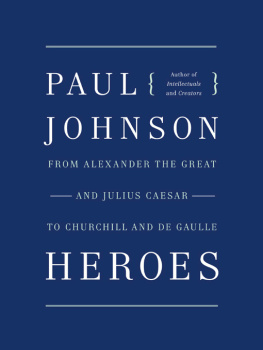


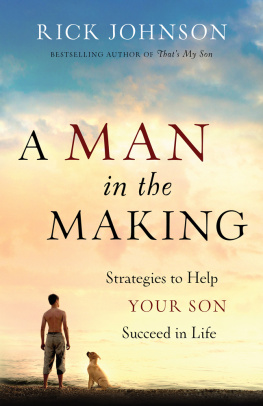



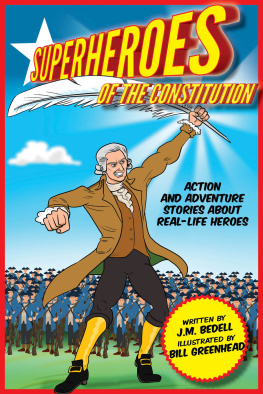


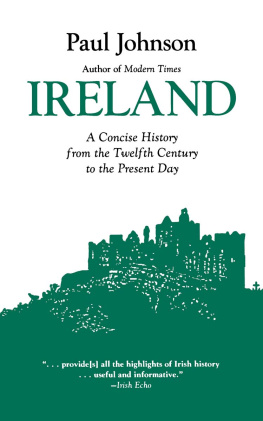

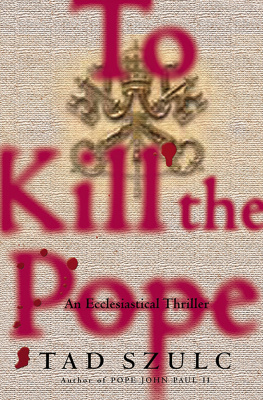


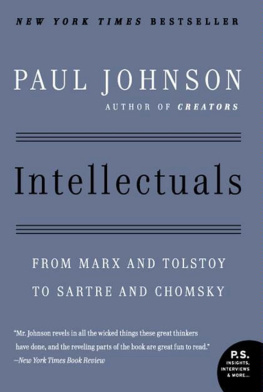
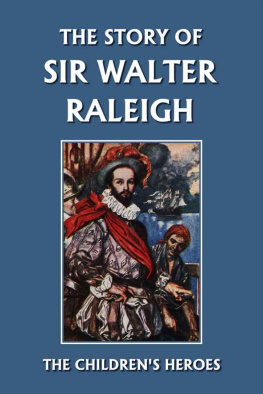

 , heroes, defined as a name given to men of superhuman strength, courage or ability, favoured by the gods; at a later time regarded as intermediate between gods and men, and immortal. Graveyards of distant kings are always impressive, and I relish seeing them: the great Fourth Dynasty pharaohs at Giza, for example, or the tombs of the Holy Roman emperors in the Palermo cathedral, especially the vast but simple block of black marble which covers the last resting place of the most formidable of them all, Henry VI; or the tombs of the Angevins in the abbey church of Fontevrault, between Chinon and Poitiers. There rest our great law-giving King Henry II, his wife Eleanor of Aquitaine, his son Richard the Lionheart, and Isabella, second wife of Henrys bad son, King John. The remains of Frances kings were once carefully preserved in the royal abbey of Saint-Denis, their hearts being kept separately in reliquaries. But all was desecrated by the sansculottes of the revolution, precious items being sold off for cash: thus the shriveled heart of Louis XIV, the Sun King, ended up at Stanton Harcourt, where it was sacreligiously eaten by a Cambridge professor. The sanctuary of the English kings, Westminster Abbey, has fared better, and still houses intact the remains of its founder, Edward the Confessor, and many of his successors.
, heroes, defined as a name given to men of superhuman strength, courage or ability, favoured by the gods; at a later time regarded as intermediate between gods and men, and immortal. Graveyards of distant kings are always impressive, and I relish seeing them: the great Fourth Dynasty pharaohs at Giza, for example, or the tombs of the Holy Roman emperors in the Palermo cathedral, especially the vast but simple block of black marble which covers the last resting place of the most formidable of them all, Henry VI; or the tombs of the Angevins in the abbey church of Fontevrault, between Chinon and Poitiers. There rest our great law-giving King Henry II, his wife Eleanor of Aquitaine, his son Richard the Lionheart, and Isabella, second wife of Henrys bad son, King John. The remains of Frances kings were once carefully preserved in the royal abbey of Saint-Denis, their hearts being kept separately in reliquaries. But all was desecrated by the sansculottes of the revolution, precious items being sold off for cash: thus the shriveled heart of Louis XIV, the Sun King, ended up at Stanton Harcourt, where it was sacreligiously eaten by a Cambridge professor. The sanctuary of the English kings, Westminster Abbey, has fared better, and still houses intact the remains of its founder, Edward the Confessor, and many of his successors.